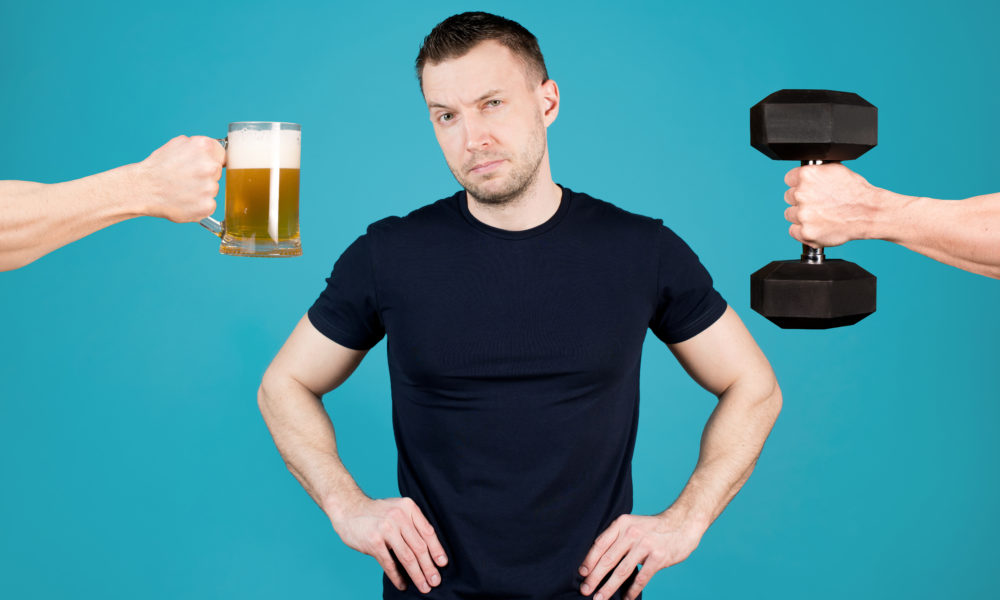

Do you already have plans after the gym or for the weekend that involves grabbing a few drinks?
Happy hour is fun, but if you are looking to gain muscle, too much alcohol may not be the best for your muscle gains. If you have been researching what to eat or drink to achieve your fitness goals, you have probably come across posts asking you to stop or reduce alcohol consumption. But why?
Read on to find out how alcohol affects muscle gains and how to indulge without undoing your hard-earned progress.
Alcohol Metabolism and Its Effects
On average, alcohol contains seven calories per gram. When you drink alcohol, it goes to your liver for metabolism. In the liver, alcohol is broken down and becomes ethanol, a toxic by-product. Now, the body’s attention shifts to how to expel the ethanol from the body by breaking it down further into less harmful by-products.
So, on consuming alcohol, the body prioritizes breaking the alcohol into ethanol and other by-products. Other metabolic pathways are disrupted and temporarily blocked until the body finishes the alcohol metabolism. Consuming alcohol, therefore, limits your body’s ability to burn carbohydrates and fats, as the main priority is breaking down methanol. So, the digestion of carbohydrates and fats temporarily stops.
How Does Alcohol Affect Muscle Growth?
There are three main ways through which alcohol affects muscle growth. They are:
-
Insulin Resistance
Insulin is a stimulator for muscle growth. It helps with the absorption of carbs into muscles. Unfortunately, alcohol induces insulin resistance, which limits the absorption of carbs and, thus, muscle growth.
-
Disrupted Protein Synthesis
Muscles are formed through a process of building and breakdown. When you exercise, you signal some pathways in your body and activate them to release amino acids, which helps build new muscles.
You need to consume enough protein in your diet to build muscle through protein synthesis. Ingesting alcohol disrupts muscle protein synthesis, which will impair your muscle growth.
-
An Ineffective Endocrine System
The endocrine system releases hormones, including an anabolic hormone, which helps tissues’ growth and maintenance. The growth hormone stimulates protein turnover and muscle protein synthesis and helps regulate the metabolism.
Consuming alcohol negatively affects the endocrine system and muscle growth in two ways. First, alcohol increases cortisol in the blood, reducing the growth hormone levels by approximately 72%. Second, the reduced sleep quality after alcohol consumption makes it hard for the growth hormone to be secreted.
The growth hormone is secreted during the first few hours of sleep. Therefore, the reduced quality of sleep and the disruption in the natural sleep rhythm will affect growth hormone secretion. That will, in turn, affect your muscle growth.
Are the Effects of Alcohol Similar for Men and Women?
While men are highly likely to consume alcohol in larger amounts and more frequently, the effects are different for men and women. Males and females have significant differences in body chemistry and boys’ structure which causes a difference in the effect of alcohol. For women, their bodies will absorb more alcohol, and thus, it could take longer to metabolize it. So, if a man and a woman consume equal amounts of alcohol, the effects will not be similar.
Alcohol has a more profound effect on males than females regarding muscle protein synthesis. Alcohol greatly affects the signaling of pathways in men more than in women. However, women may be more susceptible to long-term health effects associated with drinking.
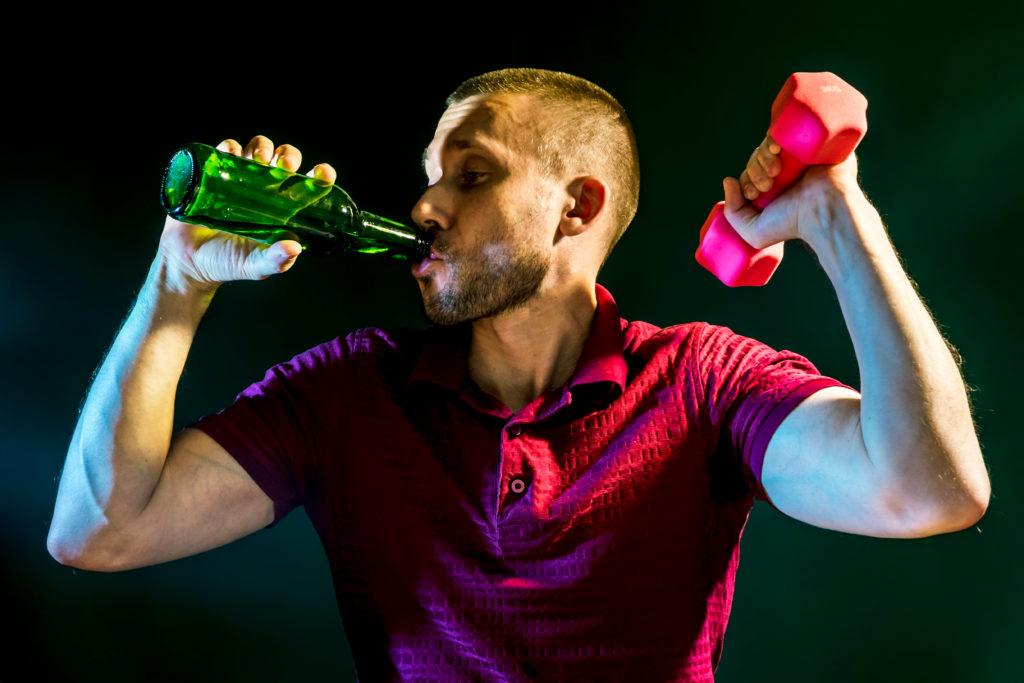
How Alcohol Affects Hormones, Sleep, Nutrition, and Performance
Here is the effect of alcohol on hormones, sleep, nutrition, and performance:
- Testosterone
If consuming alcohol can interfere with your metabolism, then it can also interfere with your hormones, but how? Let us focus on testosterone, the main hormone that helps with muscle growth. Testosterone is also essential as it raises insulin levels and supports muscle growth.
When you consume alcohol, you lower testosterone levels. Although the full mechanism is yet to be understood, studies done on male rats show that consuming alcohol affects the hypothalamic-pituitary-gonadal system, which alters testosterone production.
Additionally, alcohol can cause inflammation which suppresses the production of testosterone.
- Cortisol
Cortisol is a stress hormone that increases the flow of glucose in your bloodstream. Alcohol consumption increases cortisol levels, which can lead to extreme tissue breakdown after long periods. Here are tips on how to curb your cortisol levels.
- Sleep
While alcohol could give you a false feeling of relaxation, it is linked to causing sleep problems. After exercise, resting is often recommended to help with tissue repair and to give your muscles enough time to recover.
Alcohol is an antidepressant; thus, it could make your body relax and make it easy to fall asleep. However, it could hinder you from staying asleep and cause bad sleeping patterns, which over time, will cause extreme stress on the body, fatigue, and burnout.
Insufficient sleep makes it hard to function optimally and makes it hard to concentrate. Your strength also becomes affected, and so does your performance at the gym.
- Nutrition
Alcohol is high in calories as most alcoholic drinks contain sugar and dyes, which are empty calories since they do not add any nutritional value to your body. So, when consuming alcohol, you are loading up on calories. Alcohol also reduces nutrient absorption as it reduces digestive enzymes and can damage cells in your digestive system that help with nutrient absorption. You need enough nutrients for your fitness exercises and to build your muscle mass.
A common misconception is that having a good diet before or after drinking alcohol will reduce the effects of alcohol on your body. Good nutrition cannot outweigh the adverse effects of alcohol. No matter how cautious you are about what you eat, alcohol will always inhibit processes in your body.
- Performance
In most cases, alcohol will create inflammation in your body, especially around the stomach. The inflammation will trigger the immune system to respond to this inflammation to avoid injury or sickness.
So, alcohol consumption stresses the immune system and shifts its focus from performance and recovery to protect your body from alcohol consumption. Your body needs adequate rest to repair worn-out muscle cells and grow the muscles.

How Alcohol Affects Fat Burning
We have previously discussed how alcohol interrupts the body’s metabolism since the body considers its priority. Therefore, consuming alcohol significantly reduces the ability of your body to burn fat as it treats alcohol differently from food.
The body considers alcohol to be a toxin and not a nutrient. Therefore, it cannot break down and store alcohol calories as it does food calories. The metabolism prioritizes getting rid of the toxic waste from alcohol. That is why you notice a sudden urge to use the bathroom after consuming drinks.
So, when you are out drinking, the body pauses the fat burning and starts breaking down calories. So, the food calories will be stored as fat, which explains the reason behind “beer belly.” Research also shows alcohol consumption is linked to obesity.
Does Alcohol Affect Healthy Eating?
Yes, it does. If you have indulged the previous night, you may have to deal with a hangover or food cravings. Consuming alcohol can cause lowered inhibitions which could result in mindless eating. Besides, you are barely concerned about healthy eating and, typically, you are most prone to eating junk when you have been drinking.
Often, alcohol consumption results in poor eating decisions, which results in an enlarged waistline. Additionally, alcohol also has high calories, which could result in weight gain over time.
How Much Alcohol Can I Consume Without Sacrificing My Gains?
We all want to believe we are occasional drinkers or drink in moderation, but how much alcohol can you comfortably consume without undoing your gym progress? Consuming half or a kilo of alcohol cannot affect your muscle recovery or building process. If your weight is approximately 120 b, two drinks are suitable, while if you weigh 180 lbs., three drinks should be fine. Consuming more can undo your muscle gains and cause some severe negative impacts.
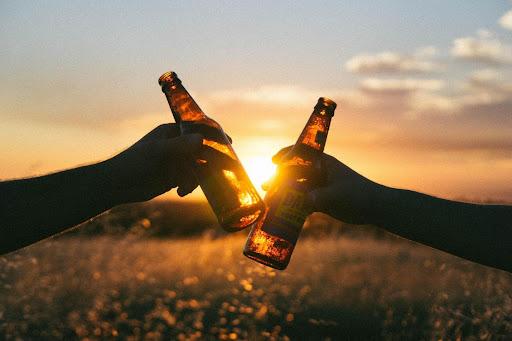
How Long Should I Wait After Working Out To Drink Alcohol?
Working out is strenuous on your body, and you should prioritize replenishing your electrolytes and energy. Take a lot of water after working out, and ensure you eat a nutritious meal rich in protein and carbohydrates to regain strength. Wait for at least an hour or two before indulging.
The greatest concern about drinking after working out is dehydration. Remember, alcohol is a diuretic. It makes your body release more fluids. Similarly, when exercising, the increase in temperature and body activity results in sweating, which means you have lost a lot of water during the workout. So, losing more when drinking could bring about the risk of dehydration.
Drinking after working out is also not a great idea because it could cause additional stress and swell to your tissues. For example, if you have an injury, consuming alcohol will dilate your tissues and open up blood vessels, worsening your swelling.
Ways you Can Minimize the Negative Effects of Alcohol on Muscle Gains
Moderate consumption of alcohol won’t have too negative of an effect on your body. So, if you would like to indulge occasionally, here are some tips for you:
- Avoid drinking immediately after working out. Instead, after your workout, focus on eating a protein-dense meal and rehydrating before enjoying alcohol
- Drink in moderation and limit yourself to a maximum of two alcoholic drinks
- Ensure you get enough sleep
- Don’t drink every day; make it occasional, maybe a night or two every week.
Take Away
Alcohol can have disastrous side effects on your muscle gains if you are on a fitness journey. It affects muscle growth, sleep, nutrition, and fat burning and disrupts numerous other processes.
While you don’t necessarily need to completely cut out alcohol, drink in moderation to slow all the negative effects. If you can, follow our tips on how to drink alcoholic beverages without undoing your fitness progress.






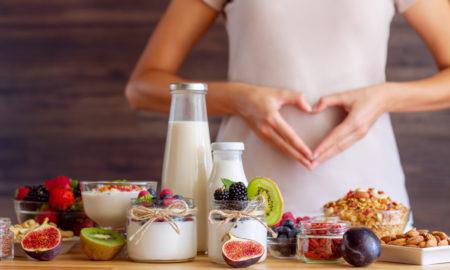
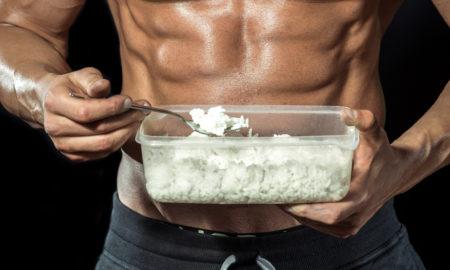






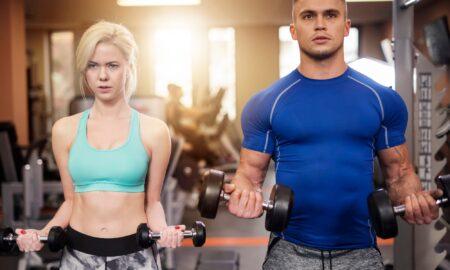
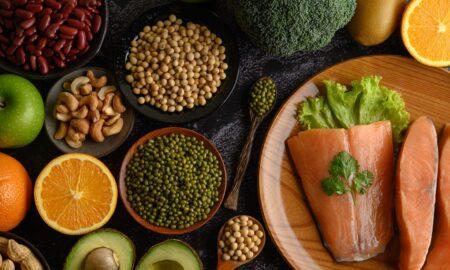


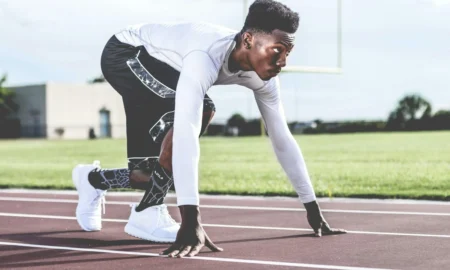
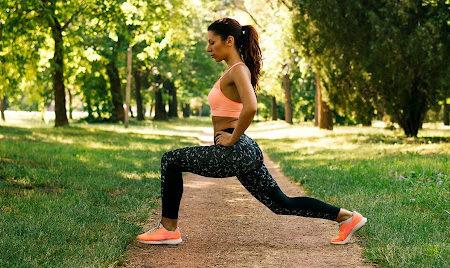


You must be logged in to post a comment Login